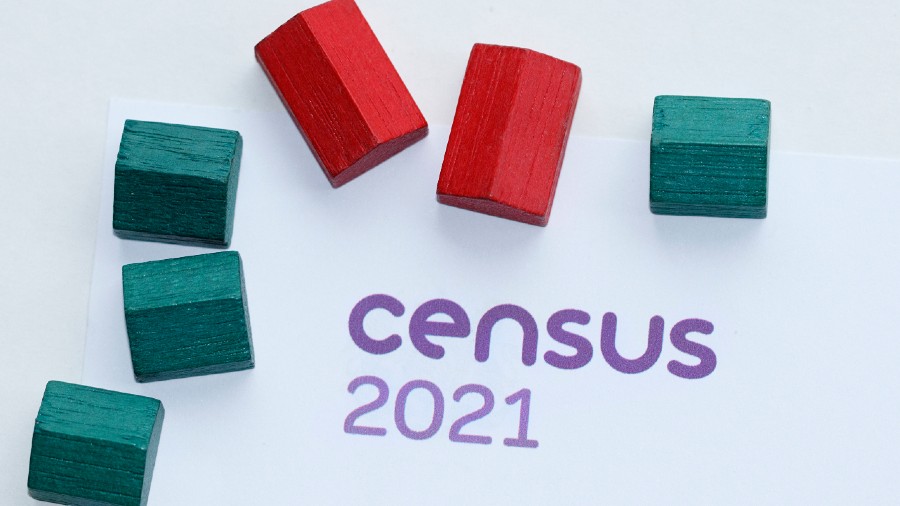The latest census, conducted in India every 10 years, was supposed to have been completed by 2021 as per the schedule. The bulk of the data collection was to be done between April and September 2020; the final round was to take place in February 2021. When the pandemic struck in 2020, data collection was postponed indefinitely. Work on Census 2021 is yet to begin even though Covid-related mobility restrictions have been lifted. Some countries that had halted work pertaining to the census because of the pandemic have begun to collect data. A few nations are yet to start but these countries are much smaller than India in terms of population. In India, even though all government activities have resumed after the pandemic, no announcement has been made about when data collection would begin. The delay has many important consequences for policy-making, knowledge about the economy, and academic research that informs policy design. For instance, in the absence of up-to-date population figures, it is estimated that around 100 million new people who were supposed to come under the public food distribution system would be left out. Accuracies of policies that target consumption, income, or wealth creation in specific geographies or particular social groups would be affected too since all calculations would be based on erroneous numbers and statistics.
Census data are also used extensively by researchers, in India and abroad, for analysing the state of India’s economy and society. Economists, sociologists, demographers and public-policy experts delve into the data to make predictions, garner inferences, and construct policy prescriptions. These exercises are likely to be hampered. The entire gamut of government policies would be adversely affected as well. Yet, the government appears unconcerned about this inordinate delay. It would not be surprising if the exercise is delayed beyond the parliamentary elections in 2024. Finally, it is now quite well-known internationally that India has been tardy in publishing official statistics on important measures such as poverty and unemployment. The delay in starting work on the census could be interpreted as being part of a larger strategy of feet-dragging over revealing what might be unpleasant data. India was once known to be a leader in the use of statistical data for national economic planning and policy-formulation. India’s official data were never suspect despite the presence of a large informal sector where the reliability of data is usually suspect. If that reputation is tarnished further, it would cause damage to the nation’s image.











